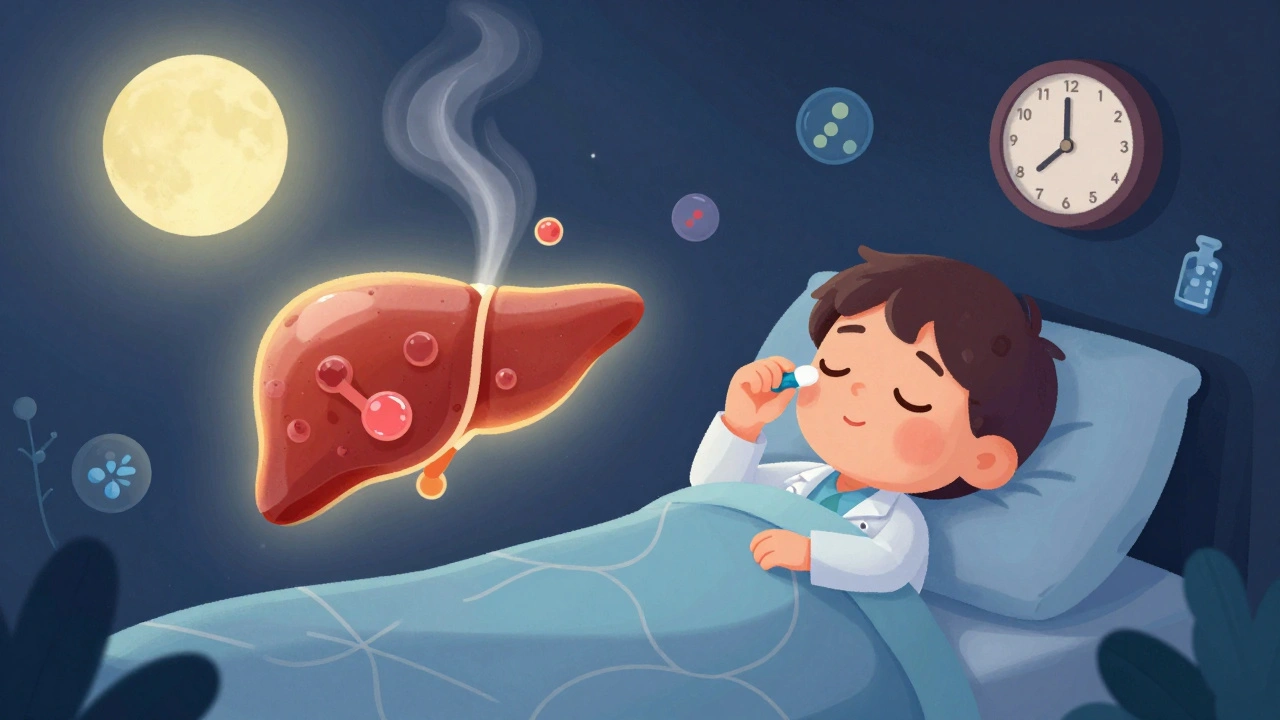Cholesterol Medication: What You Need to Know
High cholesterol can sneak up on you without any obvious signs, but it packs a punch when it comes to increasing your risk for heart disease. Medications used to manage cholesterol are a common and effective way to keep your heart in check. If you've been told your cholesterol is high, or you're curious about how these medicines work, this guide breaks down the essentials.
How Cholesterol Medications Work
Most cholesterol drugs work by reducing the amount of bad LDL cholesterol in your blood. Statins are the go-to choice for many because they block an enzyme your liver needs to make cholesterol. By lowering LDL, you reduce the buildup of plaques in your arteries, which helps prevent heart attacks and strokes.
Other medications like fibrates and bile acid sequestrants work differently but aim for similar results—either by increasing the removal of cholesterol from your body or reducing the production of fats that raise your cholesterol levels.
What to Expect When Taking Cholesterol Meds
Starting a cholesterol medication can feel like a big step, but many people tolerate these medicines well. Common side effects might include mild muscle aches or digestive issues. If you ever notice unexplained muscle pain or weakness, it's key to tell your doctor right away. They'll help adjust your treatment or check for other causes.
Medications work best alongside healthy lifestyle changes. Eating more fruits, vegetables, and whole grains, staying active, and avoiding smoking amplify the good effects of your meds and can sometimes lower the dose you need. Think of the medicine as your partner, not a magic fix.
If you're wondering how long you'll need to be on cholesterol meds, it's usually a long-term commitment. Your doctor will regularly check your levels and overall health to make sure your treatment stays on track.
Remember, managing cholesterol is about more than just numbers on a lab report—it's about protecting your heart and living a healthier life. Don't hesitate to ask questions and work closely with your healthcare team to find the best plan for you.
The best time to take statins isn't about night or morning-it's about consistency. Learn how statin timing affects cholesterol control and why adherence beats clock time.
This article explores various alternatives to Simvastatin available in 2025, offering insights into their effects, benefits, and drawbacks. It provides an in-depth analysis of fibrates as a viable option, especially for individuals dealing with mixed dyslipidemia. Detailed comparative information helps readers make informed decisions about their cholesterol management while understanding potential side effects associated with each medication. Ultimately, the guide assists individuals in choosing suitable lipid-lowering treatments tailored to their specific health needs.


